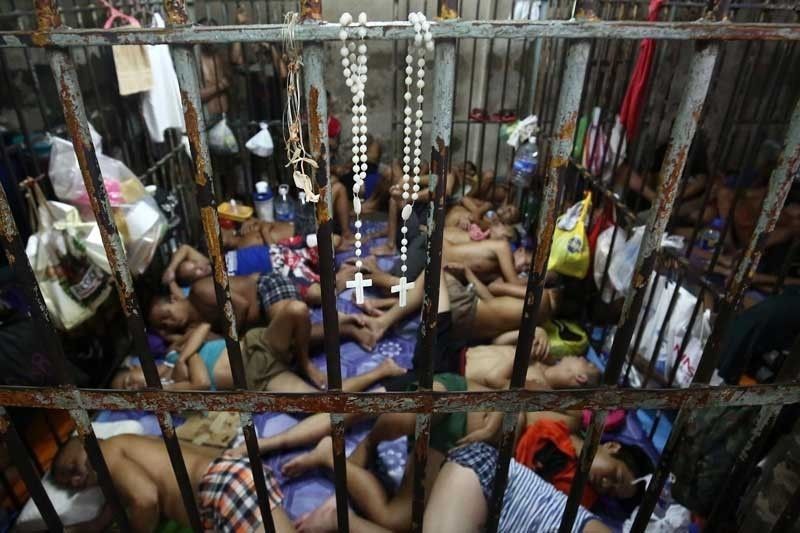Marcos orders digitalization of records to decongest jails

MANILA, Philippines — President Marcos wants the government to streamline and digitalize records and services for efficient jail decongestion.
Marcos made the directive to member agencies of the Justice Sector Coordinating Council at the National Jail Decongestion Summit in Manila on Wednesday.
“By embracing technology and innovative practices, we can enhance our efficiency, reduce delays, and ensure swift and fair legal proceedings,” Marcos said in his speech delivered by Executive Secretary Lucas Bersamin.
The President emphasized the two-day summit is in line with the administration’s priority to decongest Philippine jails and prison facilities, and to enhance the efficiency and effectiveness of the country’s justice system.
Among efforts to decongest jails nationwide is the annual recommendation of executive clemency to qualified inmates or persons deprived of liberty (PDLs).
Based on a recent report by the Board of Pardons and Parole, there are 856 PDLs that were recommended for executive clemency from July 2022 to October 2023.
The list included 794 PDLs qualified for commutation of sentence, one for absolute pardon, and 61 for conditional pardon without parole condition.
The DOJ reported recently that 70 percent of detention-prisoners under the Bureau of Jail Management and Penology (BJMP) detention facilities are already overcrowded at an average congestion rate of 386 percent.
DOJ spokesperson Assistant Secretary Mico Clavano earlier said the National Justice Information System is the agency’s support on digitalization that further increases the effectivity and efficiency of courts to resolve cases.
“This is a program that is led by the Supreme Court. They will be promulgating rules on custodial hearings and requiring bail – so, that’s one way to decongest the jails,” Clavano said at a recent Palace briefing.
Meanwhile, Speaker Martin Romualdez declared yesterday that the House of Representatives is open to any proposal where the problem of congestion in the country’s jail facilities can be addressed and solved.
In a statement, Romualdez said the chamber is committed to “lend a hand in the collective effort to address the critical issue of jail congestion by considering various proposals for a unified approach to resolve the dire situation.”
He pointed out that the congestion of jails – from municipal, city to provincial jails as well as to correctional institutions – is not merely a logistical or infrastructural problem but also a profound human rights issue.
“The overcrowded conditions in our detention facilities reflect upon the state of our judicial processes and the very essence of justice and humanity in our society,” said Romualdez. – Delon Porcalla, Nillicent Bautista, Janvic Mateo, Emmanuel Tupas
- Latest
- Trending


























